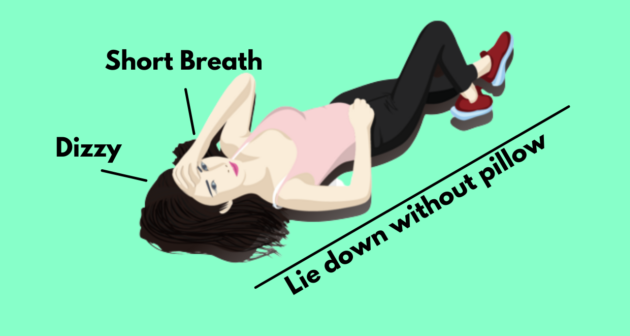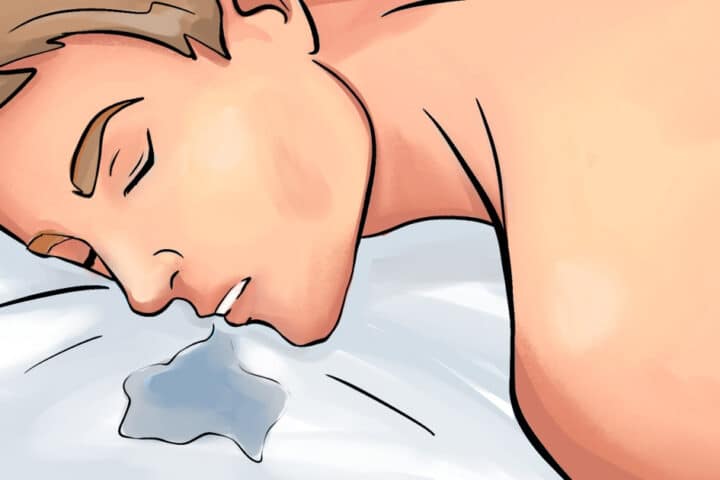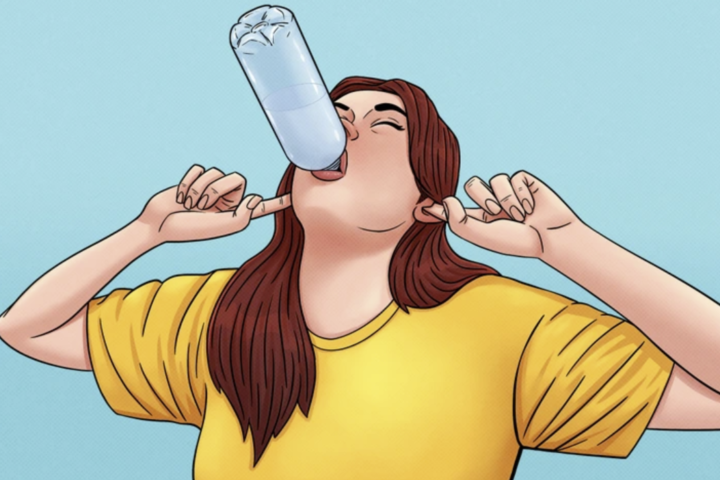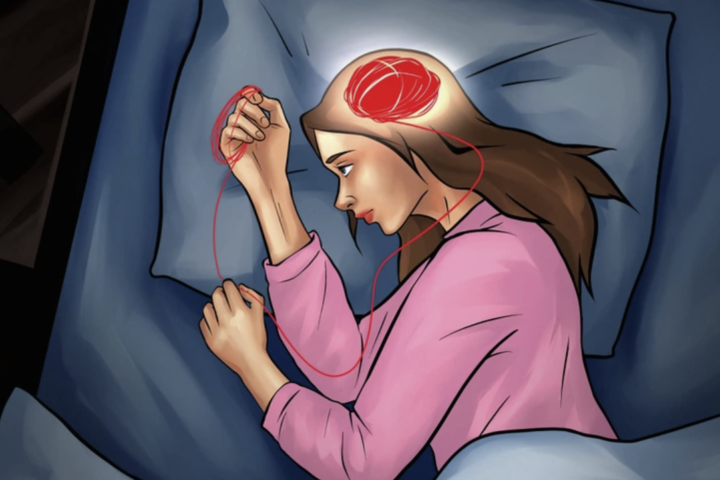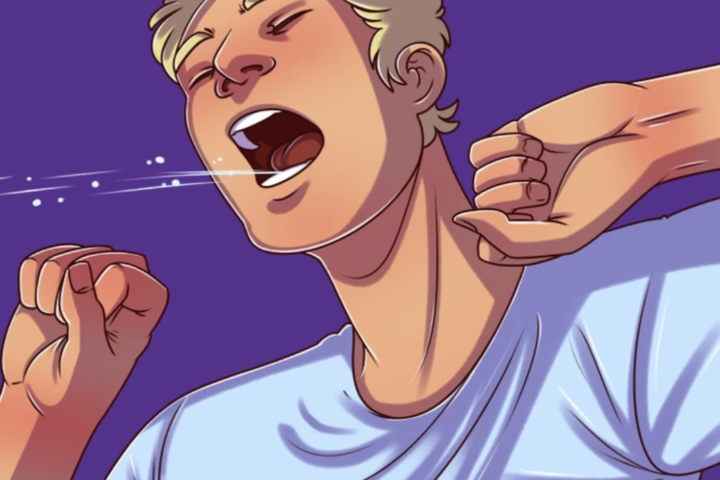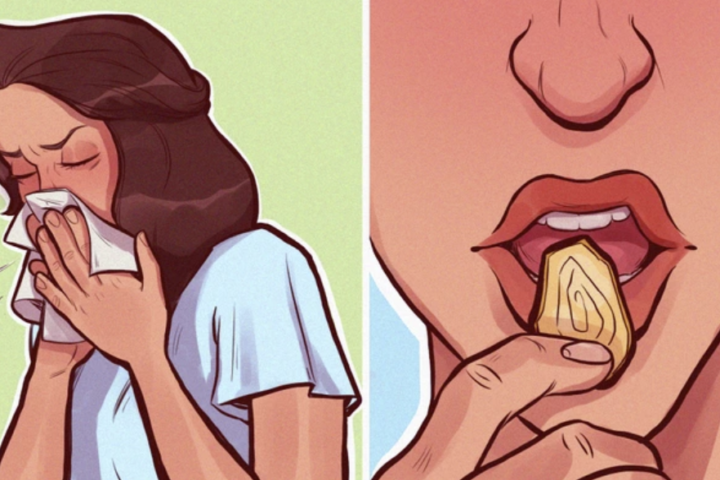Getting help after experiencing heart attack is too late. According to WHO, heart attack is number one deadliest disease that cause of death globally. If you have hereditary record of family that having heart attack, you should catch the warning signs early.
Some heart attack are sudden and intense, meanwhile most start gradually which caused mild pain. Therefore, pay attention to your body and try to catch the warning signs of heart attack to prevent any unwanted condition.
1. Lie Down Method
It turns out that detecting the sign of heart attack can be done easily. The trick is to check how you feel when you lie down with no pillow.
Check out if you have the following symptoms:
- Feel dizzy
- Short of breath
- Irregular heartbeat
When laying down, some of the blood in the legs can return to the blood flow and create a strong enough flow to the heart. If your heart is in good health, then there will be no problem. But if not, the problems above can occur.
2. Frequent Urination
Drinking too much water and being in a room with a cold temperature can indeed make a person frequently go to the toilet to urinate. But is that the only cause of a person’s frequent urination? Certainly not. Frequent urination can be the early warning sign that you have a heart attack.
When the human heart unable to pump blood, the compensation is fluid accumulation. The name of excess fluid must be removed. People often mistake this for drinking too much water or getting old. Trying to reduce drinking water so you don’t go to the toilet often will actually make the condition worse.
3. Loss of Appetite
Sudden nausea or loss of appetite? The causes can be many and you should not ignore this problem. Because nausea can be a sign that something bad is happening to the heart. If left unchecked, you may have a heart attack at an unexpected time and place.
When the heart has problems, the digestive system will also be affected. The digestive system also needs a fresh blood supply to be able to work digesting food. If the digestive system lacks fresh blood and oxygen, a number of problems such as decreased appetite, dizziness, constipation, can occur.
4. Cold in Hands and Feet
Of the many signs of heart problems that are considered fragile, one of them is a cold feeling in the hands and feet. It is normal to be in an air-conditioned room and the body parts feel cold. But don’t you guys find it strange if only the hands and feet feel cold differently from other parts of the body?
When the hands and feet feel cold, it could be because there is a disturbance with the blood flow. It is clear that if the blood flow is disturbed, it will be related to the heart. Blood that flows it can also make the body feel warm. When blood is not flowing properly, it’s not uncommon for hands and feet to feel cold.
5. Dizzy
There are many important organs in the body that are highly dependent on blood. One of these organs is none other than the brain. The brain needs fresh blood that is rich in oxygen to work. Here are some of the side effect; headaches, dizziness, migraines, are some of the problems that can occur.
Unfortunately many people feel that when they feel dizzy, it can be overcome by drinking lots of water, taking headache medicine, and resting. No one suspected that the inability of the heart to pump blood could be the cause of headaches.
6. Irregular Heartbeat
After doing strenuous activities such as sports or running, your heart rate will definitely increase drastically. But if your heart beats irregularly while you are not doing activities that make your heart beat that fast, you must be wary of heart health.
An irregular and sudden heartbeat can be an indicator that something is wrong with your heart. In the medical world, when the heart beats irregularly, sometimes fast, sometimes slow, it is called arrhythmia. Do not wait long to see a doctor when you experience this problem.
7. Swollen Legs
If your foot hits something hard and swollen, that’s normal. The unnatural thing is when you don’t do anything but your feet can suddenly swell. When one of your feet or both of your feet is swollen for no reason, you must be alert and immediately see a doctor. This could be one of the early signs of heart attack.
The heart has the main task of pumping blood to all parts of the body, especially the kidneys. When the heart cannot pump blood normally, the result will be a buildup of fluid in the kidneys. Some parts of the body that will be affected by this fluid buildup start from the feet and can spread to the hands.
8. Shortness of Breath
Shortness of breath is not a problem experienced by those with asthma alone. Actually, those who have heart attack will have these signs. It’s just that they consider this a trivial matter and tend to misinterpret it as a disease outside the heart. This is why many people realize too late that they have heart problems.
The heart and lungs are interconnected. These two organs work together to pump blood and oxygen throughout the body. The left side of the heart pumps blood that has been depleted of oxygen to the lungs to be refilled with oxygen. When the heart has problems, the heart cannot pump blood smoothly to the lungs, making breathing difficult.
9. Exercise Feels Tougher Than Usual
Experiencing fatigue while exercising is normal. But have you ever felt incredibly tired despite doing the same exercise menu where you used to feel was a light?
If you feel that the exercise menu that you usually do feels heavier, there could be a problem with your heart. Exercise requires the heart to work harder to pump blood. When the heart can’t do its job properly, the exercise you usually do becomes heavier. This moment is often mistaken for a lack of rest.
10. Weight Gain
It is true that people who rarely exercise and eat carelessly will experience what is called weight gain. Which if left unchecked will lead to what is called obesity. But it turns out, the increase in weight could also be one of the warning signs of heart attack.
A heart that cannot work normally can also cause a person to gain weight. The difference is, this weight gain is not caused by fat but from fluid that accumulates in the stomach, hands, and feet. When examined by a doctor, it looks not fat but water.

